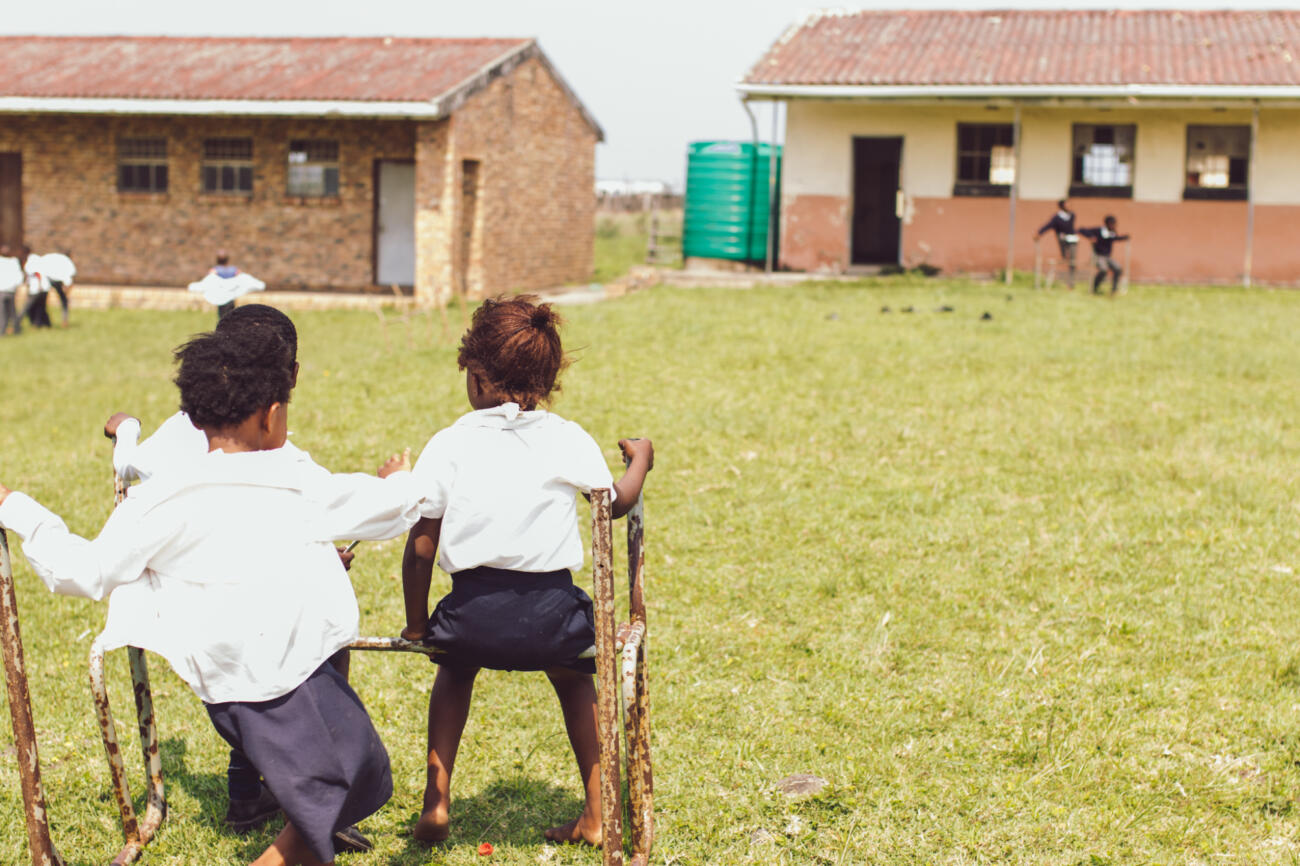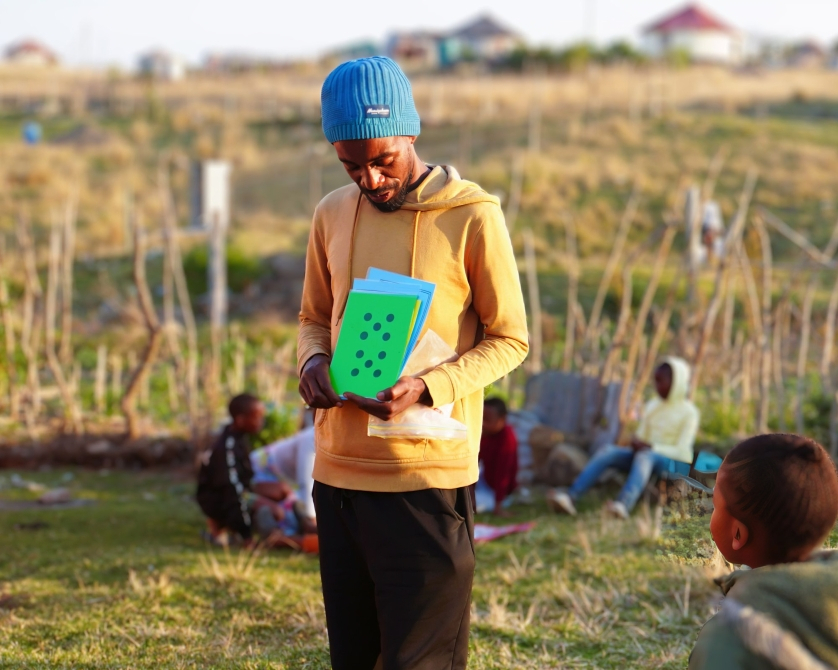Insights

Unlocking the potential of young South Africans in rural areas
Interview with Craig Paxton of Axium Education
Axium Education is a charity based in the rural village of Zithulele in the Eastern Cape of South Africa that works both in and alongside schools to raise student achievement.
We caught up with co-founder and executive director, Craig Paxton.
How did you get involved in education?
Having been a chemical engineer for a few years, I wanted a change. A nudge from my mother prompted me to try teaching. From the moment I stepped into the classroom, I just loved it. There's something magical about creating a learning environment in which kids enjoy themselves.
That first year, I spent time in a school in rural KwaZulu-Natal, in the northern part of South Africa. I loved the experience but I looked around me and saw so many children with so much potential that just wasn't being realised. I wanted to do something about it.
How did Axium come to be?
Around the same time, my wife Michelle, who had a background in finance, was training to be a Maths teacher. We had been thinking about working rurally and connected with some friends who were planning on branching out into rural medicine. One day we were all talking and Michelle and I said: “We’re in.” We just needed time to get ourselves organised. We gained more teaching experience, I did my Master's and out of that came a business plan. Shortly thereafter, Axium launched.
What are the biggest education challenges facing South Africa?
Considering that South Africa is a relatively wealthy African country, our education outcomes don’t keep pace with many of our neighbours. South Africa ranked last out of 57 countries assessed in the Progress in International Reading Literacy Study, which tested the reading ability of 400,000 students globally in 2021. Illiteracy among children rose from 78% in 2016 to 81%. The problems aren’t new. Many of the teachers we work with within Axium have themselves grown up with the same dysfunctional schooling patterns and it is our challenge to close that gap and create a more virtuous cycle.
How do you define success as an organisation?
Our first priority is to reduce the number of kids dropping out. Part of that means hitting basic targets on maths and literacy as research tells us that reaching these milestones along the way leads to fewer drop-outs. Ultimately, we want to help children to attain a decent enough pass to access tertiary studies or meaningful work.

To what extent is that a community-wide project?
Educating children is only half the story. Most of our staff is made up of young people from local communities who have finished school, but are out of work. We have 46% youth unemployment for people aged 15-34 years, in South Africa (Source: Stats SA). Empowering the young people in our rural communities to find meaning through working in an education setting is crucial to our work. The experience sets them on the path to attain teaching qualifications which can transform outcomes for their future.
What are your plans for the future?
We now work in about 40 schools. Over the last four years, we have more than doubled the number of learners we serve and we're hoping to add another 3,000 over the next 18 months. We will focus our efforts on two main things: building out the public -school partnerships and our early years literacy programme, which focuses on getting kids reading by the age of ten.
Further out, we want to expand our advocacy programme, working with third parties to find ways of rolling out the Axium model into more areas around the country.
What are you most proud of?
When we started out in 2011, of the six high schools we were working with, not one grade 12 child was achieving a high enough pass in maths and science to earn them a place at university. In our first year, there were four. Now we have more than 40 every year. The upshot is, we are creating the sense that high achievement is possible. If our students are going on to study medicine and actuarial science, we are helping them build a pathway that others can follow.
Find out more about Axium’s work and donate here.